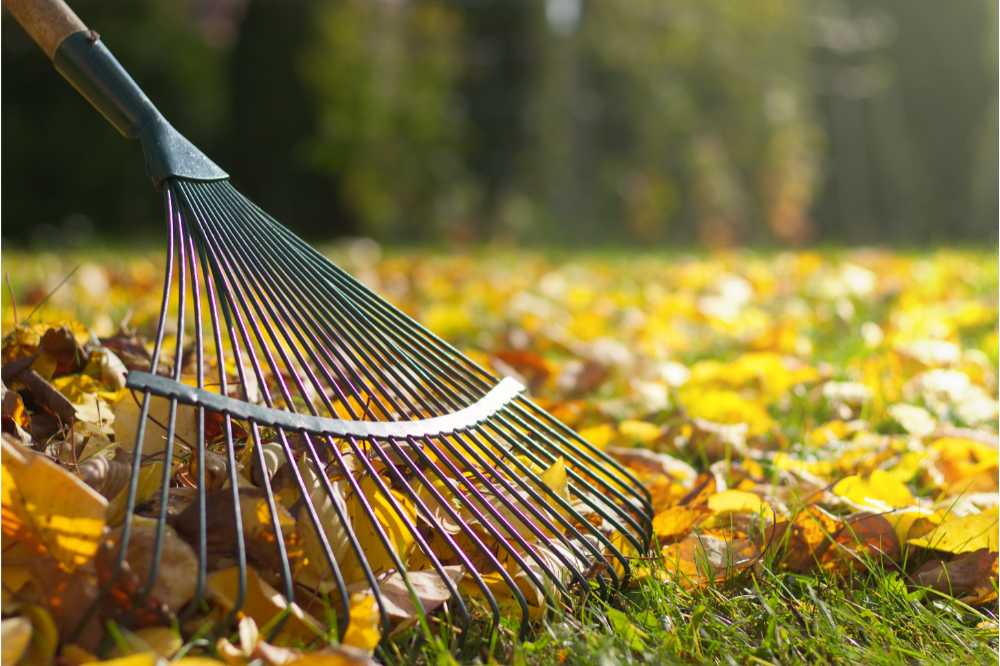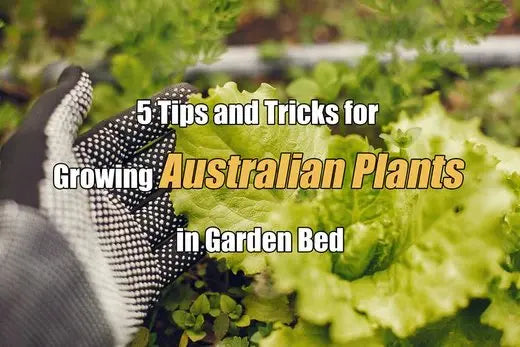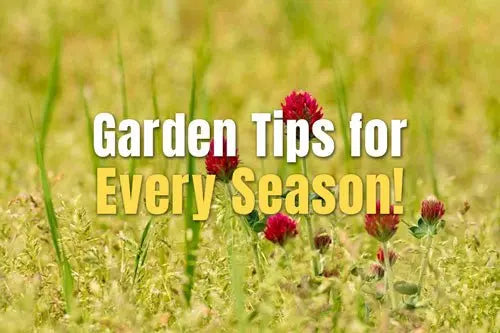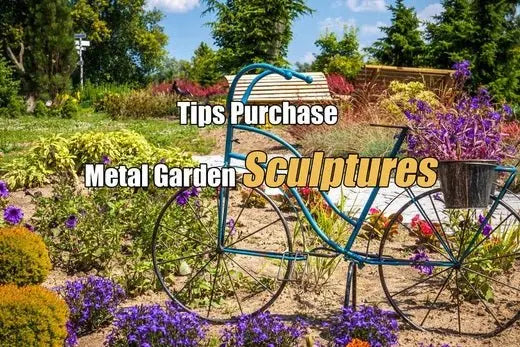The Ultimate Garden Bed Plants Cleaning Checklist in Autumn
What are the preparations to be made in your raised garden bed before the garden closes down? Autumn is truly one of the most important seasons for vegetable gardening. You can build stronger soil and help eliminate future pest and disease problems with just a little effort before closing the garden.

The Ultimate Garden Cleaning Checklist
Collect plant seeds
Autumn is a great time to harvest and plant seeds. Collecting as many seeds as possible from your own garden beds will save you money on planting for the coming year and is a great way to get your flowers and vegetables ready for spring.
Vegetable seed collection list: pumpkin, tomato, zucchini, cucumber, and pepper.
Flower seed collection list: aster, anemone, blackberry lily, and coreopsis.
Aside from these seeds, some fruits and vegetables that grow well can be collected. You can continue to plant them next year, so that in the spring you will have plenty of time to plant some of the species that you have not planted.
Remove crops from the garden bed
After the autumn harvest, some heat-loving and sun-loving plants like tomatoes and peppers can be completely removed from your
Till the soil
Till up the soil before winter. This will remove some of the weed seeds that have been left in the soil as well as loosen some of the soil clumps. If you don't till the soil, it's a favorite gathering place for bugs, so it's essential to till the soil, whether it's soil planted in place or in a garden bed.
Plants Maintenance Before Winter
Stock up on water
As the weather turns colder, if your lawn begins to yellow and die, it's time to take care of it. The first step is to increase the frequency with which you water your lawn. Given the differences in weather conditions from place to place, you can water the soil at the first sign of frost during the middle of the day so that your lawn can stock up on water during the winter.
Clean up and mow
Removing weeds and dead leaves and branches is also important. Reducing the presence of dead leaves and branches safeguards good yard plantings. Shape and prune various plants and shrubs, cutting off new branches and trunks to ensure adequate nutrient supply to the main branches. Pruning them in winter will create a beautiful shape and increase their flowering capacity next spring. It is important to note that if the flowers and plants in your garden begin to wilt, they should be cleaned up in time to reduce the hiding places of pests and diseases and prevent the occurrence of flower diseases. Here are three methods to deal with the dead leaves and branches:
To be composted.
Dead leaves that are healthy and organic can be composted or buried in garden beds to produce organic nutrients. However, dead leaves are generally not used in the composting process because you cannot be sure that the leaves you use are completely pest-free and disease-free, plus composting does not eliminate germs. Unhealthy compost can be harmful to your garden's plants.
To be used as mulch.
In addition to composting, have you considered using weeds and dead leaves as mulch in your raised garden beds? The benefits of mulch are numerous and undeniable. If you want to use weeds as mulch, then you need to dry them and remove the seeds from them. There is also the use of healthy weeds and dead leaves.
To be discarded.
Using weeds and dead leaves for compost or mulch is a safety hazard. You can't be sure that the ingredients you are using do not contain weed seeds or pests, and that's when you have to hold back.
Fertilize to store energy for the winter.
For plants, only sufficient nutrients can be stored to withstand the cold winter for several months and ensure an early sprout the next year. For some weaker plants, some phosphorus, potassium, or organic fertilizers should be applied. Additional fertilizers can promote the growth of trees and increase their disease resistance and overwintering ability. Filling the garden bed with compost or organic fertilizer directly before the last planting of hardy plants is a good idea for crops in the garden bed. These fertilizers will decompose slowly and supply the entire garden bed.
Place mulch
We all know that mulch can be used in the garden all year. It can moisturise and protect against the sun, which is especially beneficial in the summer. And in winter, mulch protects the soil from frost damage. Whether it is in the garden bed or on the ground, a layer of mulch should be laid. The most popular mulches for winter are wood chips, hay, and plastic wrap.
Plant garlic in the garden bed
Garlic is a spice that is consumed year-round. Garlic not only has a long storage time, but it also has a long growing season. Even if you do not grow any more vegetables in your garden bed, you must plant garlic. Plant it in the fall and winter, and harvest it in the summer. Garlic is a hardy plant that does not require a lot of care in the growing environment, but remember to mulch your
Conclusion
After checking all of these to-do lists, you can safely put your garden aside for now. There is no need to always worry about your gardening preparations for the coming year.


